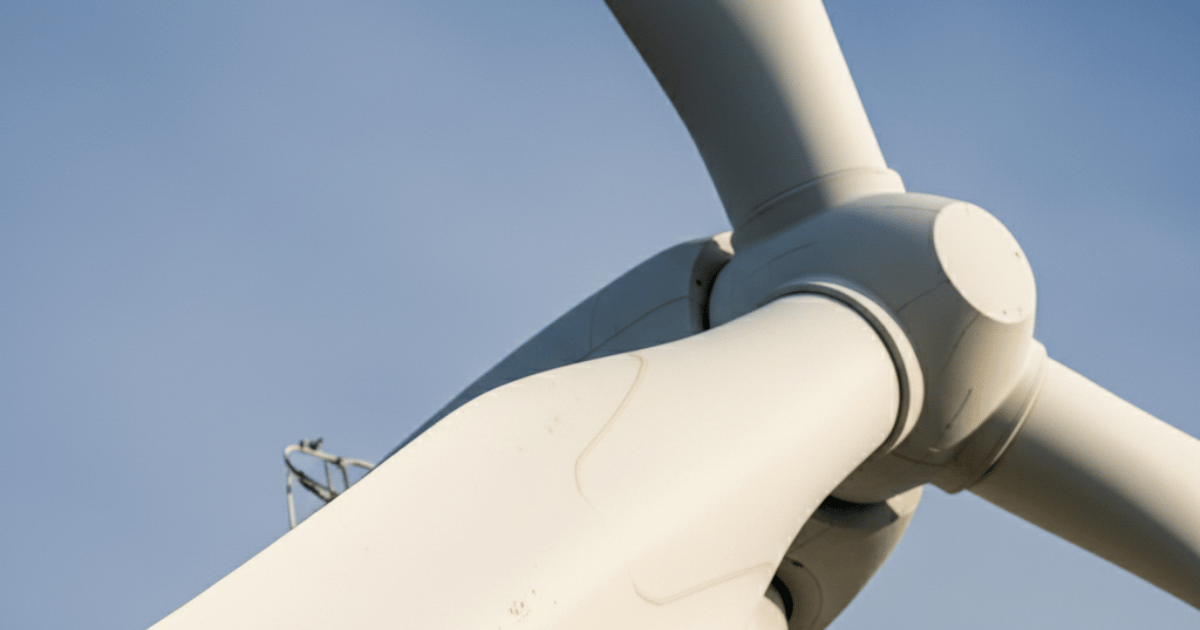- Renewables Rising
- Posts
- Blended finance gains ground in Africa’s energy sector
Blended finance gains ground in Africa’s energy sector

From the newsletter
In August, Africa’s energy sector raised $3.1 billion, with loans continuing to dominate at 56% of the total. However, the funding mix is becoming more diverse, as loans are increasingly paired with grants and equity blended with grant support. This shift is expected to lower project costs and reduce market risks for investors.
The combination of grants and loans ranked second at 26% ($808 million), followed by equity at 12% (360 million). Equity combined with grants accounted for 4%, while loans combined with equity made up the remaining 2%.
The African Development Bank has played a big role in providing concessional loans and yesterday ushered in a new president who pledged to “expand the Bank’s partnerships to new players such as sovereign funds, pension funds, and others”.
More details
Africa's energy transition is attracting billions in investment, but the funding mix remains skewed in a way that may not be sustainable long term. While recent trends point to increased investments from private equity funds and concessional loans and grants from development finance institutions and multilateral lending institutions, this funding remains concentrated in a select few economies, primarily South Africa, Egypt, Morocco, and Nigeria.
August funding in the African energy sector was primarily directed towards established companies, with no venture capital going to new startups. This trend reflects the sector's increasing maturity and signals a tough environment for new entrants. Investors are favouring well-established companies with proven business models that can scale operations quickly, rather than riskier, early-stage ventures.
Sun King recently demonstrated how innovative financing can unlock capital for Africa’s energy sector. The company secured $156 million through a securitisation deal, leveraging the expected future revenues from its existing customer base. In essence, Sun King packaged the reliable cash flows generated from pay-as-you-go solar customers and used them as collateral to raise new funding.
Africa’s energy sector still receives a very small share of investment from private equity, yet there is a greater need for this type of funding to achieve both scale and speed. Equity investment is crucial because it signals a long-term commitment, as investors tie their returns directly to the success of a project rather than to short-term repayment schedules.
Our take
The lack of venture capital in August signals that early-stage companies face an uphill battle. Targeted incubators, concessional equity facilities, and innovation funds will be necessary to keep startups alive and ensure the sector doesn’t consolidate too narrowly around established players.
South Africa, Egypt, Morocco, and Nigeria continue to attract the lion’s share of funding. The next phase must involve spreading capital into underfunded markets like East, Central, and smaller West African economies, where electrification gaps remain most severe.
Beyond capital, Africa’s energy sector needs supportive policies, reliable off-takers, and currency risk mitigation. Governments, regulators, and DFIs must work together to strengthen frameworks that give private equity investors confidence to commit long-term.